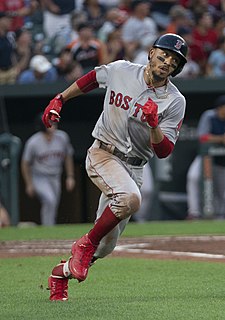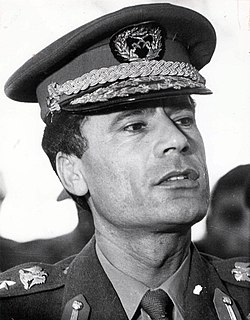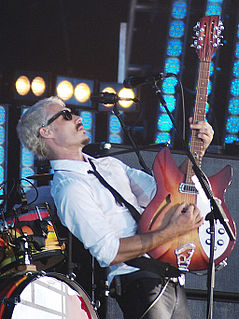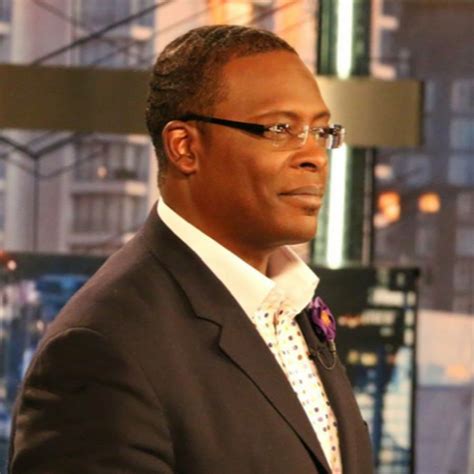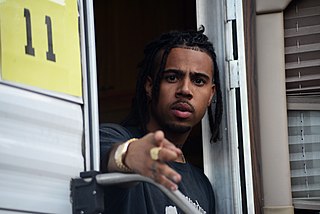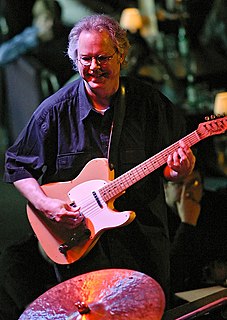A Quote by Rhiannon Giddens
We're not here as a black band playing white string band music. You know, we play stuff in the Appalachians, we play stuff in the white community, but we really highlight the black community's music.
Related Quotes
That was the special thing about the Carolina Chocolate Drops. We didn't want to do music full-time. We weren't looking to get rich, which is good, because we didn't. But we went further than we thought we would go. We started that band to celebrate Joe Thompson and the black string band music. That's not really a recipe for commercial success.
I would never try and play like Harry James, because I don't like his tone - for me. It's just white. You know what I mean? He has what we black trumpet players call a white sound. But it's for white music ... I can tell a white trumpet player, just listening to a record. There'll be something he'll do that'll let me know that he's white.
I was basically 18 when I got offered to join Mister Valentine band and go on tour and leave high school. I was pretty stoked on that, but the band wasn't really my style so after like six months of playing with them I decided to play with the aesthetic of a DIY hardcore band playing pop music. That was the original idea.
I feel like there's not this black-and-white division between concert hall music and music that bands play in a bar. I don't know if this was ever truly the case, but I don't feel that I need to decide between playing for a sit-down, totally silent audience and playing for a bunch of noisy, drunk people in a bar. What I do with the group is somewhere in between.
I collaborated with so many people from Chicago - so many Black people, young Black women organizations like BYP100 and Assata's Daughters. Just being out there, I saw what a community mobilizing can accomplish in terms of freedom and how music and my words in my music can play a significant part in that.


